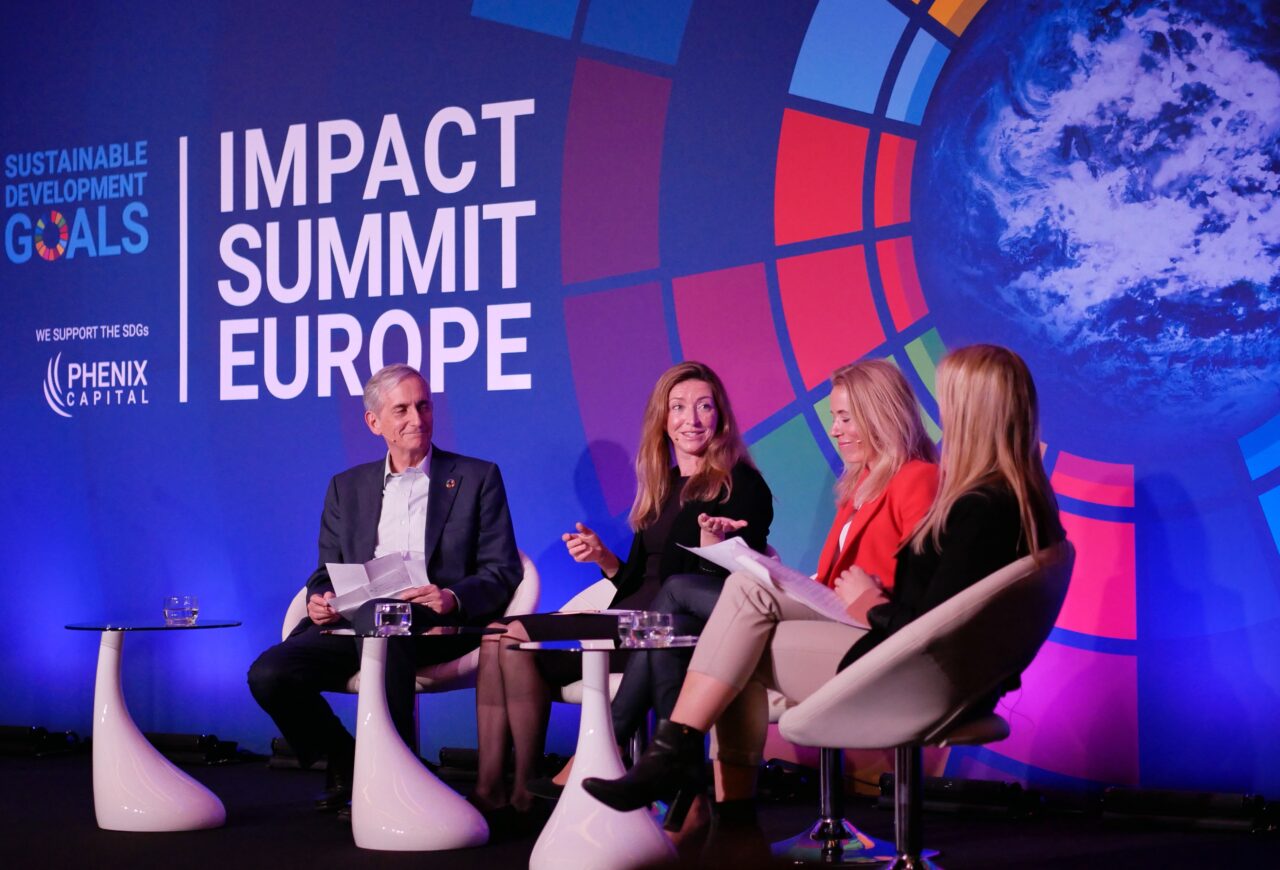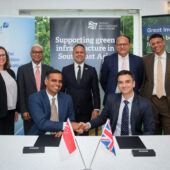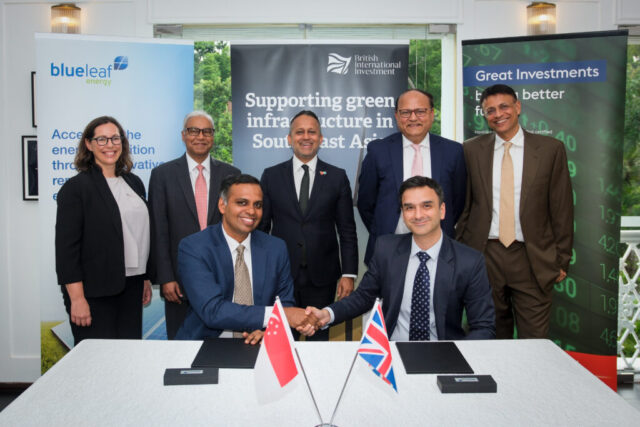As the world moves from one crisis to the next, how should investors respond? From climate change to Covid, to the unfolding the war in Ukraine, investors have a crucial role to play, delegates at the Phenix Capital’s Impact Summit Europe heard

“This is a year of action”, said Dirk Meuleman, CEO of Phenix Capital Group, in his opening remarks at the Impact Summit Europe, 29-30 March, in The Hague.
Action to step up efforts to climate crisis, to respond to the war in Ukraine, and to overcome the devastating effects of the 2-year long Covid pandemic. “It is time for the financial players to drive the market shift making impact investing mainstream.”
During an interview conducted by Impact Investor’s editor Paula Garrido, Willemijn Verloop, social entrepreneur and founding partner of Rubio Impact Ventures, shared specific steps that investors should consider in response to the conflict in Ukraine.
Verloop, who founded War Child when she was only 23 and is still vice-chair of the organisation’s supervisory board, noted there are no easy answers in terms of how to respond to a crisis that is still unfolding.
She praised the “amazing philanthropic response” so far, but stressed that much more support will be needed soon. Not only for the people in Ukraine and the refugees, but also in response to the major food crisis that is looming in East Africa and the Middle East with prices of wheat, soya, maize and fertilisers shooting up.
From an institutional investor viewpoint, she emphasised the need to stop investing in Russian assets, sell Russian government bonds and divest from Russian companies “where the state owns more than 50 per cent”, as well as accelerating investments in clean-tech to ensure self-sufficiency.
Deglobalisation
Also crucial is the support to independent media both in Russia and Ukraine, she added. And to rebuild Ukraine after the war, big investments will be needed in infrastructure, hospitals, schools, and housing.
“In the short-term investors, can contribute to pay-for-success funding in creating jobs and accelerating the availability of housing for refugees in Western Europe,” she said.
“A trend that started in response to Covid, and seems to have been accelerated by this war, is the move towards greater regionalisation of trade and increased self-reliance.”
This ‘deglobalisation’ could lead to a more sustainable economic model. “Our current globalised economy has shown that the search for infinite short-term growth has had an detrimental impact on climate, on biodiversity, on social inequalities. The fact that this crisis might bring a wake-up call to build a more sustainable and fairer economic model, could be the only light in this huge humanitarian darkness,” she said.
Divest or engage?
Hundreds of financial institutions, including banks, asset managers and asset owners have committed themselves towards net-zero targets.
But does this mean protecting the investment portfolio from climate change? Or protecting the climate from the activities of the companies invested in?
According to Karlijn van Lierop, director responsible investments at BMO Global Asset Management, it should be both. “We want to contribute to real economy emission reductions, and make real economy impact.”
There is always the ‘divest or engagement’ dilemma, she said during the conference. “We think it’s far more powerful to engage to change those companies and to move them to a net-zero strategy, while at the same time making investments in impact and climate solutions.”
Elsa Palanza, global head of sustainability and ESG at Barclays, agreed. Two years ago Barclays set itself the goal to become one of the first major banks to align its entire portfolio to the goals of the Paris Agreement. “So that means systematically, sector by sector, looking at your portfolio, and understanding how these sectors need to be decarbonised over time.”
Divesting is not the answer, she says, although Barclays has ‘walked away from deals that did not hit our goals”.
But it’s not about making yourself look good, but about turning the economy in the right direction. “There is more than enough capital out in the global economy. If we all just want to look pure, and just walk away from everything, others will simply step in. This is what is happening in the coal sector at the moment.”
According to Palanza, it makes much more sense to support global energy companies to make the shift towards renewable energy technology, and “help them to walk away from fossil fuels”.
Regulatory framework
“As BMO, we are very active in Climate Action 100+. We try to use the power that we have to push oil and gas companies to come up with strategies that will be applicable in the net-zero economy,” added van Lierop.
Louise Aagard Jensen, senior ESG manager at PKA, one of the largest pension funds in Denmark, said a divestment strategy, as well as an increase of green investments, are part of their net-zero policy. But PKA also exercises active ownership within the companies they have invested in, to try to push them in the right direction.
“In Denmark, members of pension funds have an important voice in the policy priorities. In our case they are very clear about the need of a net-zero strategy.”
One thing they all agreed on is the need for more better regulatory frameworks around green finance.
Aagard Jensen welcomed the introduction of the EU taxonomy on sustainable activities. “We all have set green finance targets, but we really need standardisation on what activities are considered green. So these new EU rules are great. “
“The only thing is: we all work globally. So it’s an important first step, but in the end we need global rules”.





